Quranic Schools in Northern Nigeria: Everyday Experiences of Youth, Faith, and Poverty
In a global context of widespread fears over Islamic radicalisation and militancy, poor Muslim youth, especially those socialised in religious seminaries, have attracted overwhelmingly negative attention. In northern Nigeria, male Qur'anic students have garnered a reputation of resorting to violence in order to claim their share of highly unequally distributed resources. Drawing on material from long-term ethnographic and participatory fieldwork among Qur'anic students and their communities, this book offers an alternative perspective on youth, faith, and poverty. Mobilising insights from scholarship on education, poverty research and childhood and youth studies, Hannah Hoechner describes how religious discourses can moderate feelings of inadequacy triggered by experiences of exclusion, and how Qur'anic school enrolment offers a way forward in constrained circumstances, even though it likely reproduces poverty in the long run. A pioneering study of religious school students conducted through participatory methods, this book presents vital insights into the concerns of this much-vilified group.
{{comment.content}}
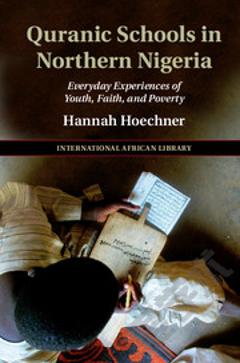


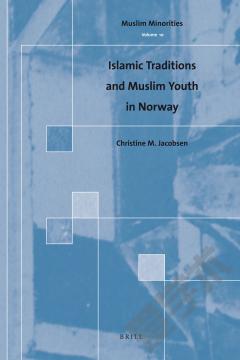
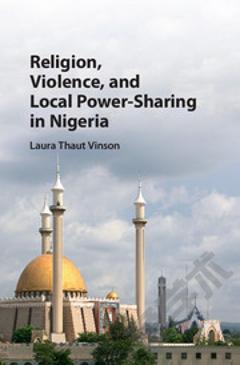
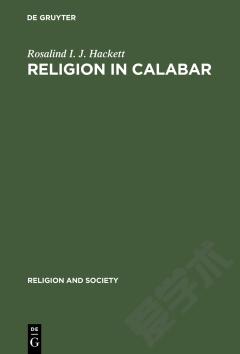
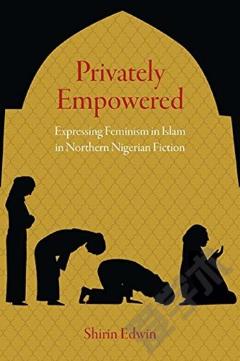

 京公网安备 11010802027623号
京公网安备 11010802027623号